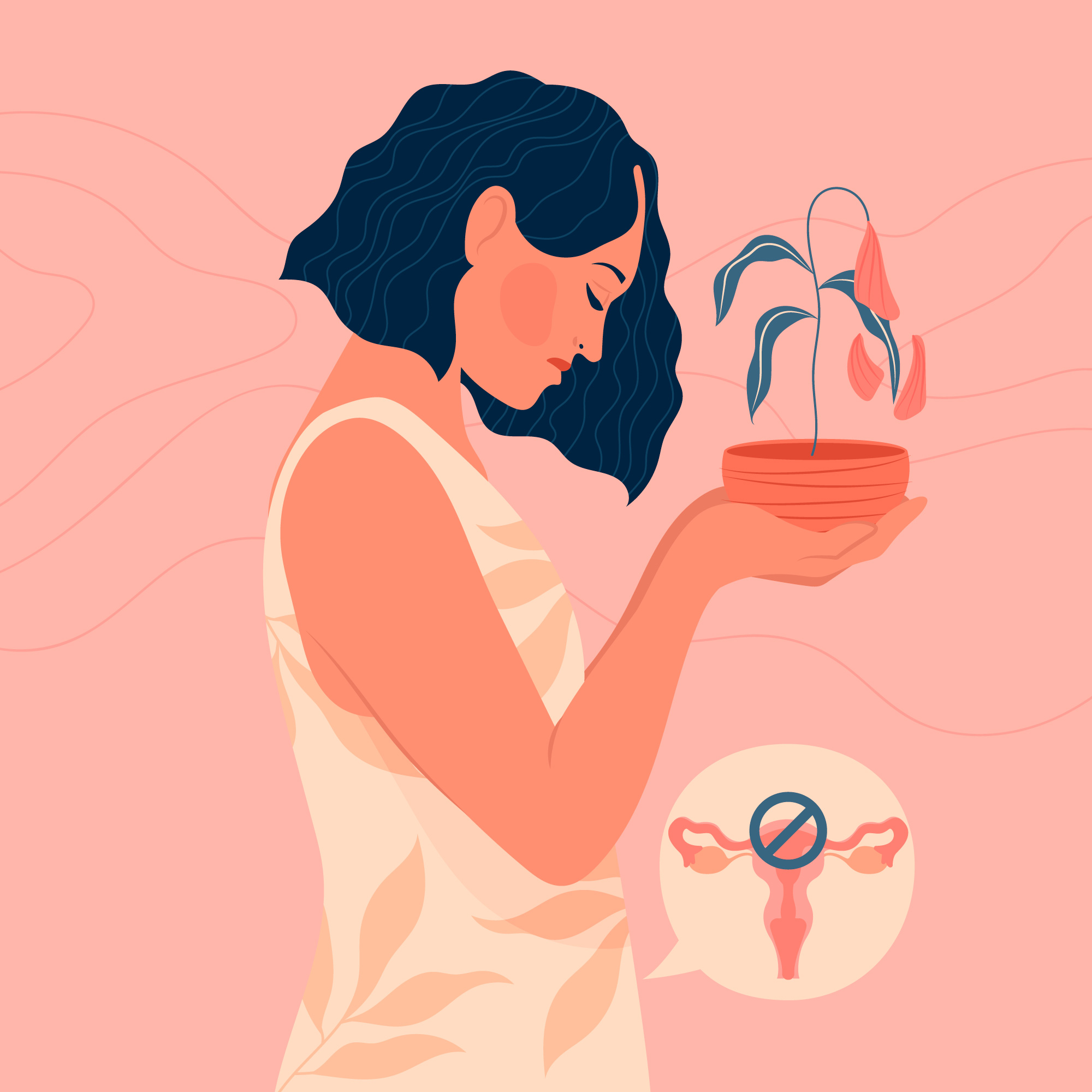Recognizing Signs of Uterine Fibroids: When to Talk to Your Doctor
Signs and Symptoms of Uterine Fibroids
Uterine fibroids are like those uninvited guests that show up and cause all sorts of trouble. But how do you know if you’ve got them? Let’s talk about the signs and symptoms of uterine fibroids and when it’s time to seek help from your doctor.
Common Symptoms of Uterine Fibroids
Heavy Menstrual Bleeding
One of the most common signs of uterine fibroids is heavy menstrual bleeding that lasts longer than usual or occurs more frequently. You might find yourself changing pads or tampons every hour or passing large blood clots during your period. Heavy periods due to fibroids can affect your daily routine.
Pelvic Pain or Pressure
Fibroids can cause pelvic pain or pressure, ranging from mild discomfort to severe cramping. You might feel a constant dull ache in your lower abdomen or sharp pains during your period.
If you’re dealing with fibroid-related pelvic pain, it’s important to seek medical advice.
Frequent Urination
If fibroids press on your bladder, you may find yourself making more trips to the bathroom than usual, even if you haven’t increased your fluid intake. Frequent urination and fibroids are common, as pressure on the bladder becomes a significant issue.
Difficulty Emptying the Bladder
Fibroids can also make it hard to fully empty your bladder, leading to a feeling of incomplete urination or the need to strain when you pee. This can be uncomfortable and disruptive. Fibroids causing bladder issues is a common symptom many women experience.
Constipation or Difficulty with Bowel Movements
In some cases, fibroids can press on the rectum or intestines, causing constipation, difficulty passing stools, or a feeling of fullness in the rectum. If you’re dealing with fibroids affecting digestion, consult your doctor for appropriate treatment.
Lower Back Pain
Fibroids can cause lower back pain or discomfort, particularly if they press on the nerves in the lower spine. If you’re experiencing lower back pain from fibroids, it’s essential to talk to your healthcare provider.
Enlargement of the Lower Abdomen
As fibroids grow larger, they can cause the uterus to enlarge, leading to a noticeable increase in the size of the lower abdomen. Abdominal bloating from uterine fibroids can also be an uncomfortable and visible symptom.
When to Seek Medical Attention
If you’re experiencing any of the signs or symptoms mentioned above, it’s essential to talk to your doctor. While uterine fibroids are generally benign, they can cause significant discomfort and interfere with your quality of life. Your doctor can perform a physical examination, order tests such as ultrasound or MRI, and recommend treatment options tailored to your needs.
Don’t ignore your symptoms or assume they’ll go away on their own. Seeking medical attention early can help prevent complications and ensure you get the care you need to manage your symptoms and improve your quality of life.
If you are struggling with fibroids and treatment options, your doctor can guide you through the process.
Conclusion
Uterine fibroids can cause a range of signs and symptoms, from heavy menstrual bleeding to pelvic pain and pressure. If you’re experiencing any of these symptoms, don’t hesitate to reach out to your doctor for evaluation and treatment.
With proper care and management, you can find relief from your symptoms and get back to feeling like yourself again. Treatment for uterine fibroids is available, and early intervention can make a significant difference in managing symptoms.
To seek medical advice, always consult a Doctor. Here are our recommended experts.
Click here
To read more on Women’s Health . Click Here


